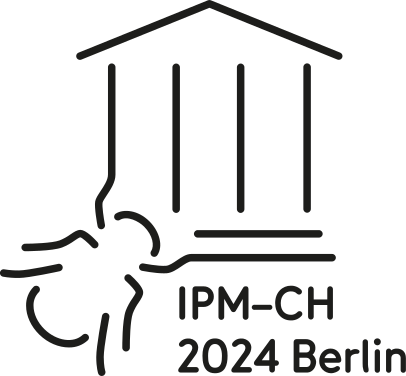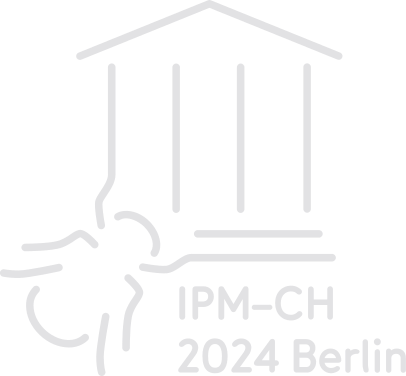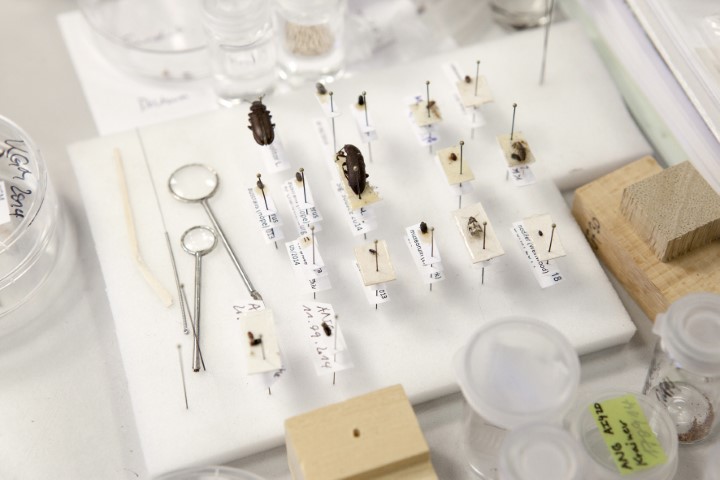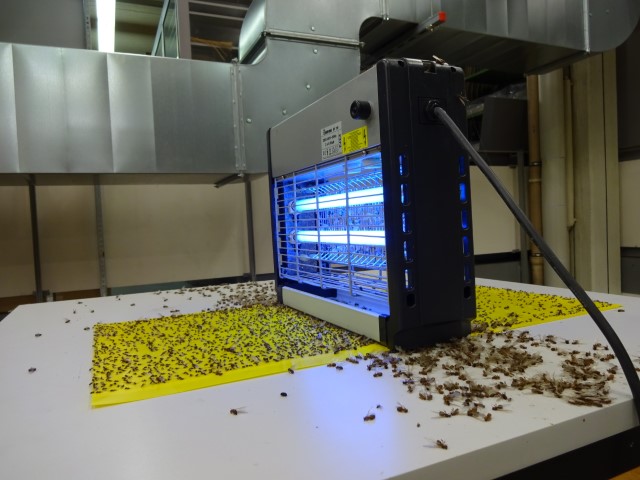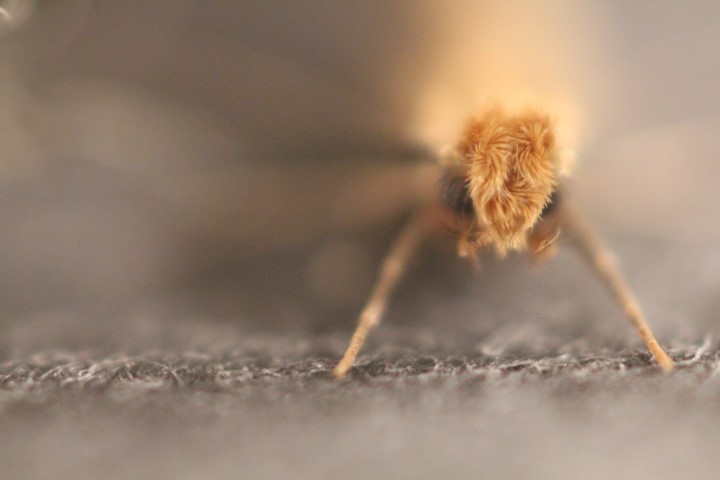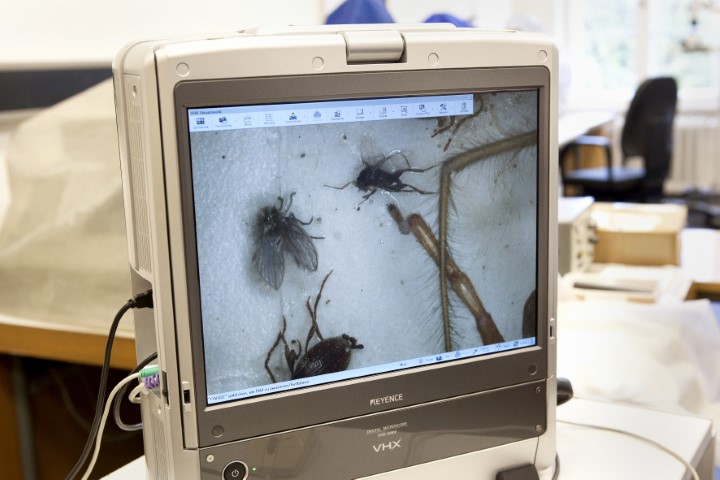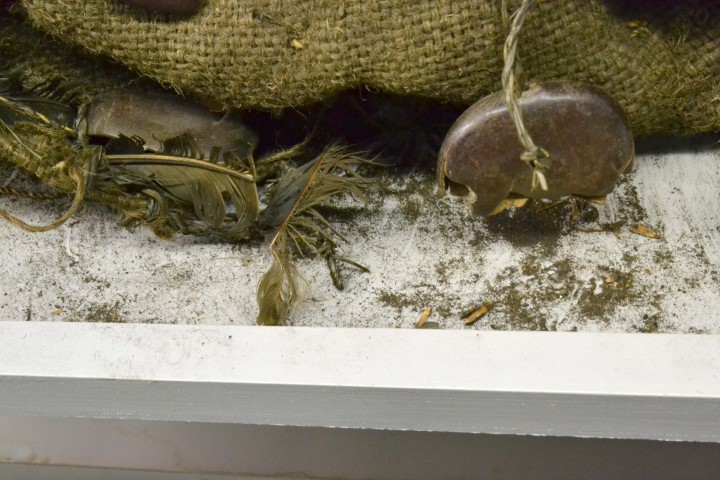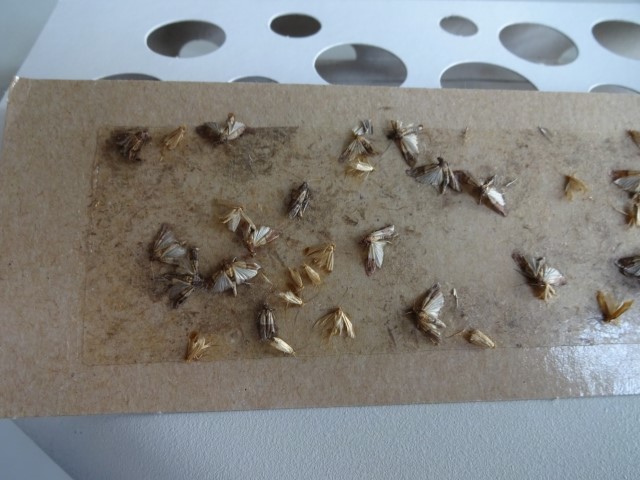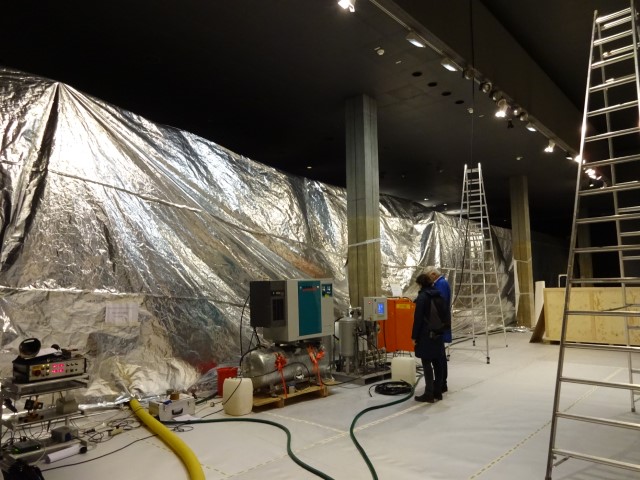Welcome to IPM-CH 2024
Integrated Pest Management for Cultural Heritage
18 – 20 September 2024, Humboldt Forum Berlin, Germany
The conference will take place as an English-language hybrid event on site and participation via video livestream online.
An IPM training course will also be held the day before the conference, Tuesday 17 September 2024, one in English and one in German. This workshop is a one-day event.
IPM Workshop Berlin 2024
Tutors
Dipl.-Ing. (FH) Stephan Biebl
Ingenieurbüro für Holzschutz, Benediktbeuern
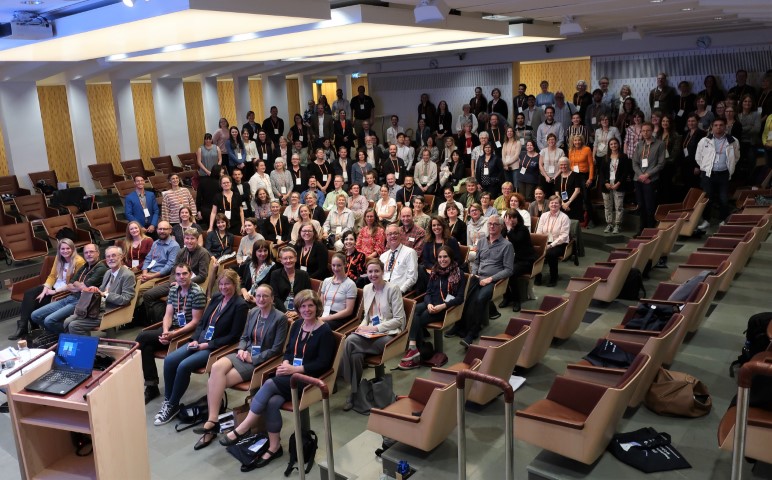
Foto: Lisa Nilsen
Ref: 4th International IPM Conference for Cultural Heritage 2019, Stockholm
Integrated Pest Management for Cultural Heritage, IPM 2019
The 4th international conference Integrated Pest Management for Cultural Heritage, IPM 2019, took place in Stockholm 21–23 May 2019. 160 delegates from 23 countries visited the conference. In addition to this, about 750 persons per day took part of the conference through live streaming.
The conference was arranged by the Swedish National Heritage Board in collaboration with Nationalmuseum, Swedish Museum of Natural History, Swedish National Archives and the Swedish IPM group PRE-MAL.
